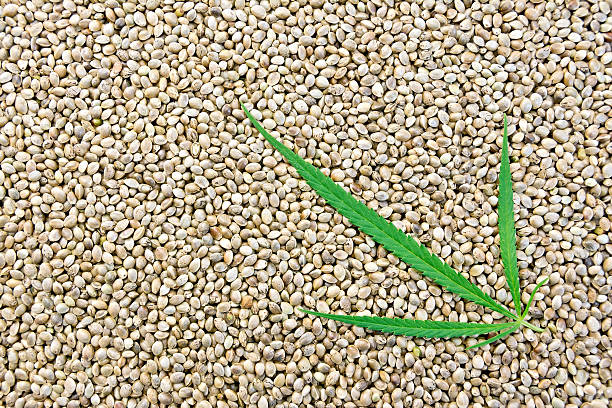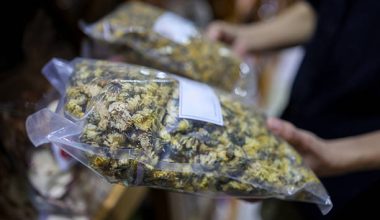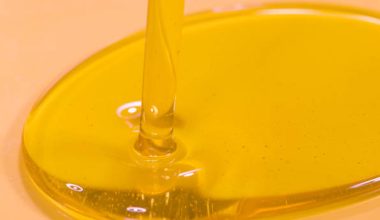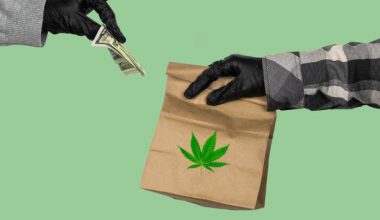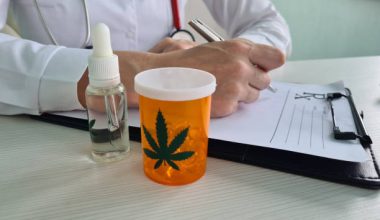Hemp has been celebrated for centuries for its nutritional, medicinal, and industrial applications. At the center of its many benefits are the seeds, which serve as the foundation for everything from wellness products to sustainable farming practices. More people today are looking to buy hemp seeds as they explore healthier food options, natural remedies, and environmentally responsible cultivation. Understanding the value of these seeds is the first step in unlocking their full potential.
The Growing Popularity of Hemp Seeds
In recent years, hemp seeds have gained recognition as a superfood, loaded with plant-based protein, healthy fats, and essential minerals. Fitness enthusiasts add them to their shakes, while wellness-conscious individuals sprinkle them on salads or blend them into smoothies. Others see the seeds as an opportunity to cultivate their own hemp plants, contributing to sustainability and even small-scale entrepreneurship. Choosing to buy hemp seeds has become a gateway to better health and greener lifestyles.
Nutritional Power of Hemp Seeds
Hemp seeds are incredibly nutrient-dense, offering all nine essential amino acids, which makes them a complete source of protein. They contain omega-3 and omega-6 fatty acids in the ideal ratio for heart and brain health. In addition, they are rich in magnesium, zinc, and vitamin E, which support immunity and overall wellness. Many people who buy hemp seeds do so not just to grow crops but to add a reliable source of nutrition to their diets. These seeds provide natural energy, making them an excellent addition for athletes and busy professionals alike.
Hemp Seeds in Cultivation
Beyond direct consumption, hemp seeds are essential for cultivation. Farmers and home growers use them to produce plants that can be harvested for fiber, oil, and other raw materials. Selecting high-quality seeds ensures better yields, stronger plants, and resistance to pests. The decision to Kenevir tohumu satın al often starts with a clear purpose: whether it’s for nutritional products, industrial fiber, or hemp oil. Each seed variety offers different benefits, so growers must carefully choose based on their goals.
Environmental Benefits of Hemp Cultivation
Hemp is one of the most sustainable crops available today. It grows quickly, requires less water than many other plants, and contributes positively to soil health. Hemp fields absorb large amounts of carbon dioxide, helping to combat climate change. Those who buy hemp seeds are often motivated by the crop’s eco-friendly qualities, seeing hemp farming as a way to support environmental conservation while still meeting practical needs. Industrial hemp is now being used to produce biodegradable plastics, sustainable fabrics, and even construction materials, further increasing demand.
The Process of Growing Hemp
Growing hemp from seed involves several key steps. Germination requires a balance of moisture and warmth, and once seedlings appear, growers must ensure they receive proper sunlight and nutrients. Hemp thrives in well-drained soil and grows best in moderate climates. Farmers who buy hemp seeds in bulk typically plan their crops around seasonal cycles, while smaller growers may experiment with indoor setups. Although hemp is a resilient plant, care and attention during the growing stages determine the final quality and yield.
Hemp Seeds in Everyday Diets
For people not interested in farming, hemp seeds still hold immense value in everyday diets. They can be eaten raw, roasted, or blended into a variety of foods. Hemp milk is becoming a popular alternative to dairy, while hemp oil is used in salad dressings and cooking. Their nutty flavor makes them versatile and appealing across different cuisines. Those who buy hemp seeds for dietary use enjoy both the taste and the health benefits, often reporting improved digestion, higher energy, and better skin health.
Choosing the Right Source for Hemp Seeds
Not all hemp seeds are created equal. Quality, origin, and storage conditions affect both their nutritional value and their viability for cultivation. Reputable providers offer detailed information about their seeds, ensuring customers make informed choices. Whether for personal use or farming, it is crucial to buy hemp seeds from trusted sources that guarantee freshness and authenticity. Seeds from unreliable vendors may not germinate effectively or could produce weaker plants.
The Future of Hemp Seeds
With increasing awareness of sustainable living and healthy lifestyles, hemp seeds are expected to remain in high demand. Innovations in food technology, agriculture, and eco-friendly industries are opening up new possibilities for their use. As regulations evolve, more people will have opportunities to buy hemp seeds and explore their benefits firsthand. The combination of nutrition, sustainability, and industrial potential ensures that hemp seeds will continue to play an important role in global markets.
FAQs
Are hemp seeds legal to buy and use?
Yes, hemp seeds are legal in most countries as they contain minimal to no THC. However, regulations may vary, so it’s important to check local laws before cultivation.
Do hemp seeds help with weight management?
Yes, hemp seeds are high in protein and fiber, which promote satiety and help manage cravings, making them useful for weight management.
Can hemp seeds be stored long-term?
When kept in airtight containers in cool, dark places, hemp seeds can remain fresh for up to a year or more. Refrigeration can extend their shelf life further.
What makes hemp seeds different from chia or flax seeds?
While all three are nutritious, hemp seeds stand out as a complete protein source with a balanced ratio of omega fatty acids, making them unique in supporting overall health.
Conclusion
Hemp seeds are more than just a trendy superfood. They are a cornerstone of sustainable agriculture, a powerful source of nutrition, and a resource for industries looking to innovate responsibly. Whether consumed directly or cultivated for broader use, these seeds hold incredible promise. When you buy hemp seeds, you are making an investment in your health, your environment, and the future of sustainable living. With the right seeds and a little care, hemp can truly transform the way we eat, grow, and build.
Author Bio:
This article was written by Daniel Foster, a wellness writer and researcher who focuses on natural foods and sustainable living. He collaborates with KushSeed, a reliable provider of premium hemp seeds. Visit KushSeed to learn more about high-quality options and how they can support both your health and cultivation goals.
Medical Disclaimer:
The information provided in these blog posts is intended for general informational and educational purposes only. It is not a substitute for professional medical advice, diagnosis, or treatment. Always seek the advice of your physician or other qualified healthcare provider with any questions you may have regarding a medical condition. The use of any information provided in these blog posts is solely at your own risk. The authors and the website do not recommend or endorse any specific products, treatments, or procedures mentioned. Reliance on any information in these blog posts is solely at your own discretion.
